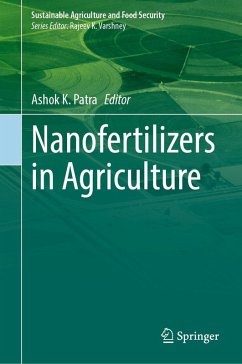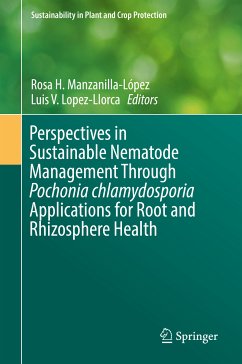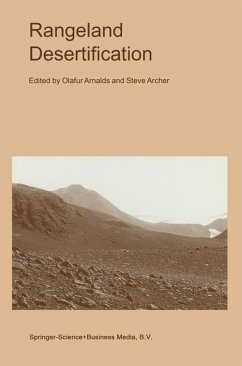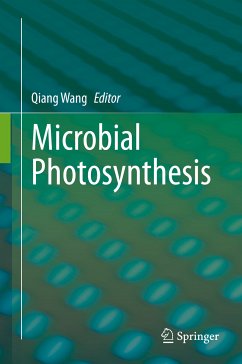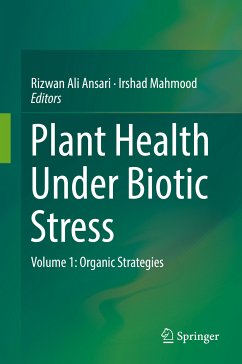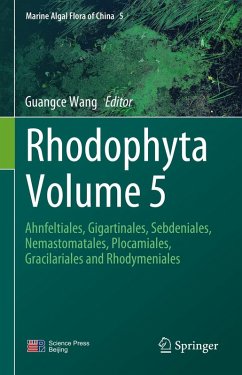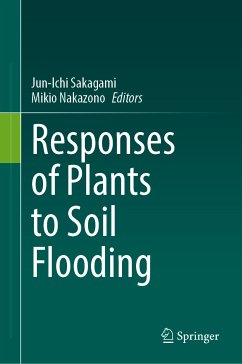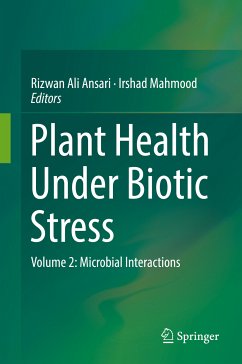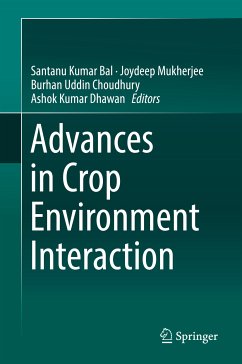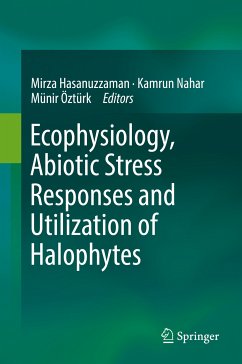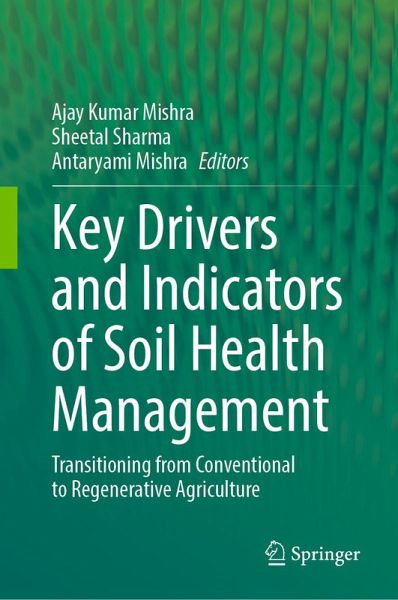
Key Drivers and Indicators of Soil Health Management (eBook, PDF)
Transitioning from Conventional to Regenerative Agriculture
Redaktion: Mishra, Ajay Kumar; Mishra, Antaryami; Sharma, Sheetal
Versandkostenfrei!
Sofort per Download lieferbar
144,95 €
inkl. MwSt.
Weitere Ausgaben:

PAYBACK Punkte
72 °P sammeln!
This book explores the crucial transition from conventional to regenerative agriculture practices, focusing on the key drivers and indicators of soil health management. It provides knowledge to implement sustainable agricultural systems that prioritize soil health and foster the transition toward regenerative practices. This book delves into the principles and concepts of soil health, the challenges and limitations of conventional agriculture, the assessment of soil health through various indicators, and the importance of cover crops, crop rotation, conservation tillage, nutrient management, a...
This book explores the crucial transition from conventional to regenerative agriculture practices, focusing on the key drivers and indicators of soil health management. It provides knowledge to implement sustainable agricultural systems that prioritize soil health and foster the transition toward regenerative practices. This book delves into the principles and concepts of soil health, the challenges and limitations of conventional agriculture, the assessment of soil health through various indicators, and the importance of cover crops, crop rotation, conservation tillage, nutrient management, and water conservation practices. It also addresses the role of soil biodiversity, policy frameworks, and scaling up regenerative agriculture, providing practical strategies and case studies.
The target audience for this book ranges from students and researchers to policymakers and large-scale farmers. Farmers will benefit from the practical insights and strategies presented, and policymakers and agricultural organizations can gain valuable knowledge on the drivers and policy frameworks supporting sustainable agriculture and soil health management.
This book explores the crucial transition from conventional to regenerative agriculture practices, focusing on the key drivers and indicators of soil health management. It provides knowledge to implement sustainable agricultural systems that prioritize soil health and foster the transition toward regenerative practices. This book delves into the principles and concepts of soil health, the challenges and limitations of conventional agriculture, the assessment of soil health through various indicators, and the importance of cover crops, crop rotation, conservation tillage, nutrient management, and water conservation practices. It also addresses the role of soil biodiversity, policy frameworks, and scaling up regenerative agriculture, providing practical strategies and case studies.
The target audience for this book ranges from students and researchers to policymakers and large-scale farmers. Farmers will benefit from the practical insights and strategies presented, and policymakers and agricultural organizations can gain valuable knowledge on the drivers and policy frameworks supporting sustainable agriculture and soil health management.
The target audience for this book ranges from students and researchers to policymakers and large-scale farmers. Farmers will benefit from the practical insights and strategies presented, and policymakers and agricultural organizations can gain valuable knowledge on the drivers and policy frameworks supporting sustainable agriculture and soil health management.
This book explores the crucial transition from conventional to regenerative agriculture practices, focusing on the key drivers and indicators of soil health management. It provides knowledge to implement sustainable agricultural systems that prioritize soil health and foster the transition toward regenerative practices. This book delves into the principles and concepts of soil health, the challenges and limitations of conventional agriculture, the assessment of soil health through various indicators, and the importance of cover crops, crop rotation, conservation tillage, nutrient management, and water conservation practices. It also addresses the role of soil biodiversity, policy frameworks, and scaling up regenerative agriculture, providing practical strategies and case studies.
The target audience for this book ranges from students and researchers to policymakers and large-scale farmers. Farmers will benefit from the practical insights and strategies presented, and policymakers and agricultural organizations can gain valuable knowledge on the drivers and policy frameworks supporting sustainable agriculture and soil health management.
Dieser Download kann aus rechtlichen Gründen nur mit Rechnungsadresse in A, B, BG, CY, CZ, D, DK, EW, E, FIN, F, GR, HR, H, IRL, I, LT, L, LR, M, NL, PL, P, R, S, SLO, SK ausgeliefert werden.



